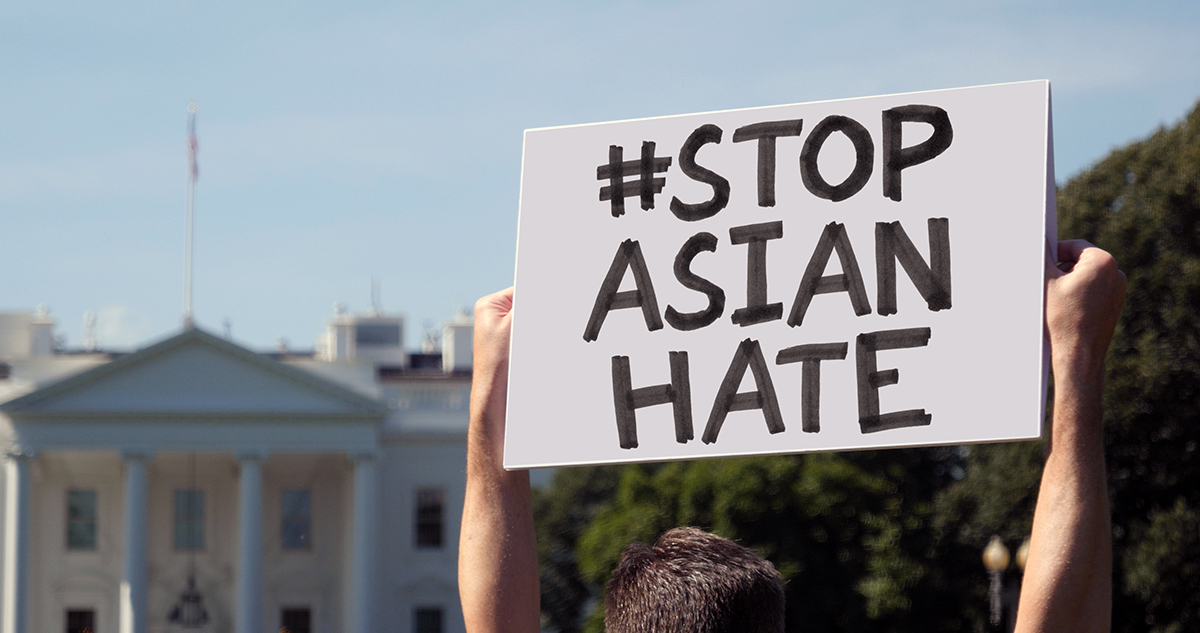Armyssss does this instill our belief once more that the boys know everything that has been happening??!!!!! 😭😭😭😭😭😭😭
External Content
twitter.com
Content embedded from external sources will not be displayed without your consent.
Through the activation of external content, you agree that personal data may be transferred to third party platforms. We have provided more information on this in our privacy policy.
33B73A29-6D50-4F01-8F81-7BD1E14B2F28.jpeg2069637A-2F6D-49DC-AEE4-41E5D60548D8.jpeg
 SHOTS FIRED
SHOTS FIRED

